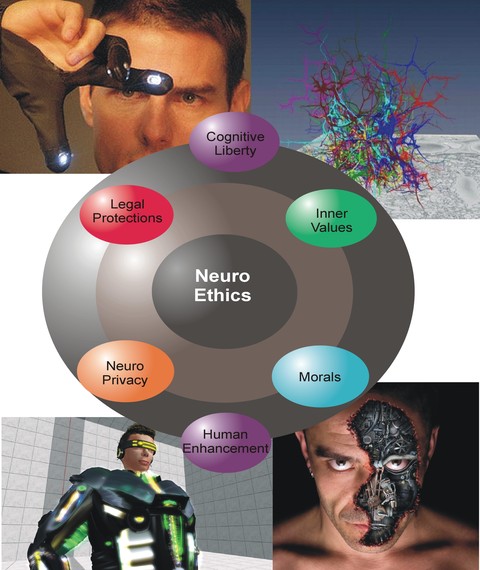I gave a TEDx talk on the future of thinking machines in California this weekend.The central idea of my talk was that we could be entering an era of a AI Dividend, a prosperity boost to the global economy if we used AI to solve the massive and complex global challenges that face our future. Can we solve global hunger that affects 800 million? Can we prevent disease? Can we better understand climate change to protect our future?
My topic was the future of artificial intelligence and its possible impact on our civilization. Big stuff intrigues me. One of my central ideas when I conduct forecasting with clients is to remind them that they can shape the future--big or small efforts can move mountains and actually change how the future shows up. One person with a great idea--an Einstein, Jobs, Curie or Mandela can shape the future for billions. The next person with a big new idea might not be a person but a Thinking Machine. Now imagine that.
The challenge I presented was we need to shape the future of Thinking Machines, of AI. What could we do to use AI to meet the grand global big challenges that face the future of our civilization? I suggested that our destiny was to do exactly that: to shape the future by using AI to focus on solving the big complex problems of our era.
To continue my thinking here I would add creating fusion energy farming on a global scale and deep space exploration are additional objectives to point AI at. As we dip our toes into AI driving cars for us, telling us what appointments we need to get to on our phones, trading stocks at impossible beyond human speeds we also need to focus AI on unlocking the big global challenges that we as a modern civilization must master--defeat disease, invent clean energy, understand the climate changes, feed the planet. This is would be a worthy set of challenges that I refer to as the AI Prosperity Dividend.
If we could unleash AI to address these global challenges I forecast that over $100 Trillion US in prosperity could come. This is estimated by taking the economic losses due to health care costs of major diseases on the global population combined with the savings from wasted energy and food production from reorganizing the global logistics infrastructure. Innovation ecosystems to better manage food production and distribution on a global scale could end the 800 million people who are impacted by hunger and malnutrition today.
In each of these grand challenges, the same massive problem sets are in play. A huge amount of data, filling 1,000 football stadiums by 100x and requiring possibly 100 years of computing power to analyze with today's supercomputers might help us figure out how to cure disease, resolve global food scarcity, understand our climate systems and invent new clean energy from fusion. But we don't have the time to wait. We need solutions to grand challenges ASAP.
AI to the rescue? I think thinking machines, the future version of them, could make a huge difference if applied and if we use AI to shape the future. That is my vision to use the future developments in AI that promise vastly smarter, more powerful and globally connected computers that have the capacity to solve big complex global problems that humans are not doing a great job on. I am calling for a new AI Design Science to tackle the big global challenges that with growing population, maybe 9 billion by 2050--we better plan today how we will fix the complex problems that are coming.
Two technologies hold the promise of a new computing architecture of the future. Neuromorphic computing and quantum computing. Neuromorphic computing is based on harnessing synthetic neurons, maybe 100 billion programmable neurons to replace the chips that conventional supercomputers use, vastly increasing the speed and capacity to solve big complex problems.
Quantum computing would simply provide a 100x increase in processing speeds, to collapse time, doing in ten minutes rather then 10,000 years with today's computers. Also the ability to manage larger complex data sets and more complex problems may be possible more so then today. The combination of quantum and neuromorphic computing would be the framework for AI to become autonomous, self-aware and smart enough to enable us to tackle larger global problem sets that defy our thinking today. This is a forecast for 2030-40 or sooner. Maybe much sooner.
I think the AI Dividend is possible even part of the destiny of our civilization. The prosperity that AI could bring could be a game-changer of the future. A future that we need to direct and nurture. AI could play an important role in making a better future if we cultivate the technologies and talent to make this happen.
